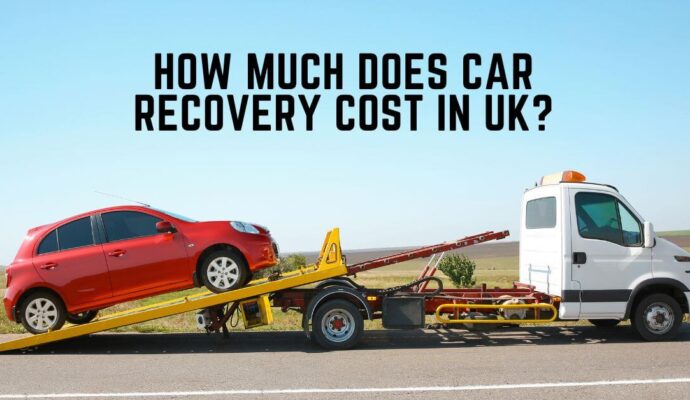In 2020, many auto insurance companies provided premium credits and reduced rates to help struggling Americans get through the pandemic. This was because there were fewer motorists on the street and was reflected in fewer claims.
However, in 2021 there was already a greater mobilization of cars since many people are returning to their jobs and/or schools in person. In turn, they are struggling daily to keep up with the cost of auto insurance, so they need better prices on their premiums.
So how would the coronavirus affect car insurance rates?
It may be too early to determine the impact of COVID-19 on prices. Insurance companies use multiple years of data to set premiums, and this makes any rate changes very gradual.
Unless this substantial decline in accidents and claims persists for an extended period, Salvage title auto insurance rates are unlikely to drop permanently as a side effect of the pandemic.
You need to know that premiums aren’t necessarily skyrocketing; rather auto insurance rates are returning to pre-pandemic levels, according to data from the Bureau of Labor Statistics. Auto insurance premiums reflect the increased number of drivers on the road and the increased chance of accidents.
But what does this mean for motorists who are still not driving as much as they used to or are struggling financially due to the pandemic?
Fortunately, auto insurance companies offer flexible pricing that determines how much you drive. The less you drive, the more savings you will have in your pocket.
How can I save on auto insurance?
Although the rebates offered in 2020 are no longer available, you can still save on your car insurance premium with the following tips:
- Investigate low mileage discounts. Some insurance companies offer discounts when a driver’s mileage falls below a certain limit.
- Drive less, save money with a pay-per-mile auto policy. If you don’t drive much, a low mileage policy can put more money back in your pocket.
- Try telematics. Some insurers have car policies calculated by telematics, a type of technology that analyzes driving behaviors, including mileage, how many times you drive, brake, and accelerate.
- Increase your deductible on supplements. Paying a higher deductible generally means lower premiums. If your car is lightly used and you’ve had few or zero incidents, then paying a higher deductible to enjoy cheaper rates may be a good idea.
- Elimination of complementary coverage. Beyond meeting state-required minimums, eliminating additional coverage is a money-saving option. Just keep in mind that gaps in your coverage could lead to more out-of-pocket costs for uncovered incidents; however, your risk is naturally lower if you drive less.
- Obtain an affidavit of non-use. Depending on your insurance company, this document may allow you to suspend some or all of your auto insurance without completely canceling your auto policy, which helps avoid future higher auto insurance premiums due to coverage expirations.
Choose the best car insurance policy for your budget. Whether you drive your car once a week or every day, you’ll need insurance to meet your state’s minimum requirements.
Contact me to speak with one of our agents and help you with your questions about auto insurance. Make a free quote today!





More Stories
How Much Does Car Recovery Cost in the UK?
Mia Goldich: A Rising Star in the Financial Industry
Properties for Rent in the UAE: A Comprehensive Guide